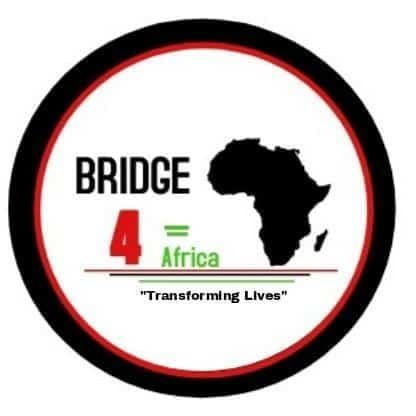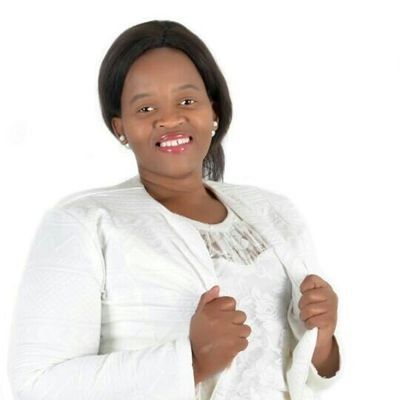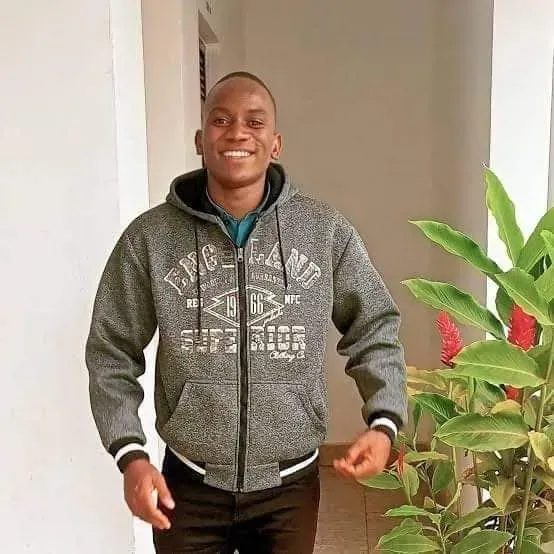Introduction
At just 25 years old, Malawian entrepreneur Lexson Solomon founded Bridge 4 Africa with a vision to break the cycle of poverty in rural communities. His journey is an inspiring story of how one man's determination to make a difference in people's lives is fostering self-reliance, skills development, and entrepreneurship in underprivileged areas. In this article, we explore how Solomon started his venture, its growth, the challenges he's faced, and his vision for the future.
A Vision Born from Compassion
The inspiration behind Bridge 4 Africa came from Solomon's deep-rooted concern for the plight of people in rural Malawi. Witnessing firsthand the extreme poverty that left many unable to afford basic necessities, Solomon felt compelled to act. "People living in communities suffer a lot; they don't have the potential to support themselves, even to buy basic needs," he explains. His response was to offer practical training in local products manufacturing, enabling individuals to start their own businesses and support their families.
This sense of compassion fueled Solomon's desire to establish Bridge 4 Africa as a charitable organization with a clear mission: to train youths, women, and people living with disabilities in the manufacturing of essential products. "We envision transforming the lives of people in Africa who are located in rural areas, and we hope to see these poor people graduating from poverty," Solomon says of his mission.
Building a Sustainable Business Model
Bridge 4 Africa offers free training in a wide range of product manufacturing, including fertilizer, soap, sugar, lotion, cooking oil, peanut butter, mayonnaise, soft drinks, and more. The goal is simple: empower individuals with practical skills to create products that can be sold, thereby creating a sustainable source of income.
Despite being a charitable organization, the business model relies on the generosity of well-wishers and, more significantly, funds from Solomon's own pocket. Without any major donors or corporate sponsorships, Bridge 4 Africa continues to face financial challenges. Yet, Solomon remains undeterred. "We don't have any donor; we use the funds from the founder, which do not meet all the needs," he says. His personal investment in the cause speaks volumes about his commitment to transforming lives.
Empowering the Marginalized
Solomon's work primarily targets marginalized groups: youths, women, and people living with disabilities. His approach is centered on humanity, creating a sense of belonging and purpose for the beneficiaries. "We use humanity to attract our beneficiaries," he explains, adding that the personal and emotional connection is a key driver of the organization's success.
Bridge 4 Africa has so far trained 1,500 people across Malawi, with 700 individuals starting their own businesses as a direct result of the training. The impact goes beyond entrepreneurship—many have gone on to employ others, while some have even opened their own small industries. One trainee recently won an award from MHUB, a significant milestone for both the individual and the organization.
Overcoming Challenges and Embracing Innovation
Like many social enterprises, Bridge 4 Africa faces considerable challenges, particularly in terms of funding. Without external financial support, the organization has had to operate on a limited budget, often falling short of meeting the growing demand for its services. However, Solomon has approached this challenge with resilience and creativity, leveraging his limited resources to deliver high-impact results.
In an industry where branding and marketing are often overlooked by charitable organizations, Solomon has embraced professional branding as a way to stay ahead. "We use very professional branding," he says, highlighting the importance of presenting the organization in a manner that appeals to potential partners and donors.
A Vision for the Future
Looking ahead, Solomon has ambitious plans for Bridge 4 Africa. His goal is to expand the organization's reach across the continent, training people in local products manufacturing for free in every corner of Africa. He believes that collaboration with other organizations will be key to achieving this vision, and he is actively seeking partnerships that can help scale the impact of Bridge 4 Africa’s work.
"Our long-term goal is to fill the whole of Africa and train people in local products manufacturing for free," Solomon says, confident in his ability to make this vision a reality. His plans involve building more training centers, increasing the number of trainers, and mobilizing resources to support more beneficiaries.
Lessons for Aspiring Entrepreneurs
Solomon's journey offers valuable lessons for aspiring entrepreneurs, particularly those in developing countries where access to capital is limited. His advice is simple but profound: "Start the business with the little you have. Don’t wait for a huge capital." Solomon’s story demonstrates that passion, resilience, and a commitment to making a difference can drive a business forward, even in the face of financial constraints.




